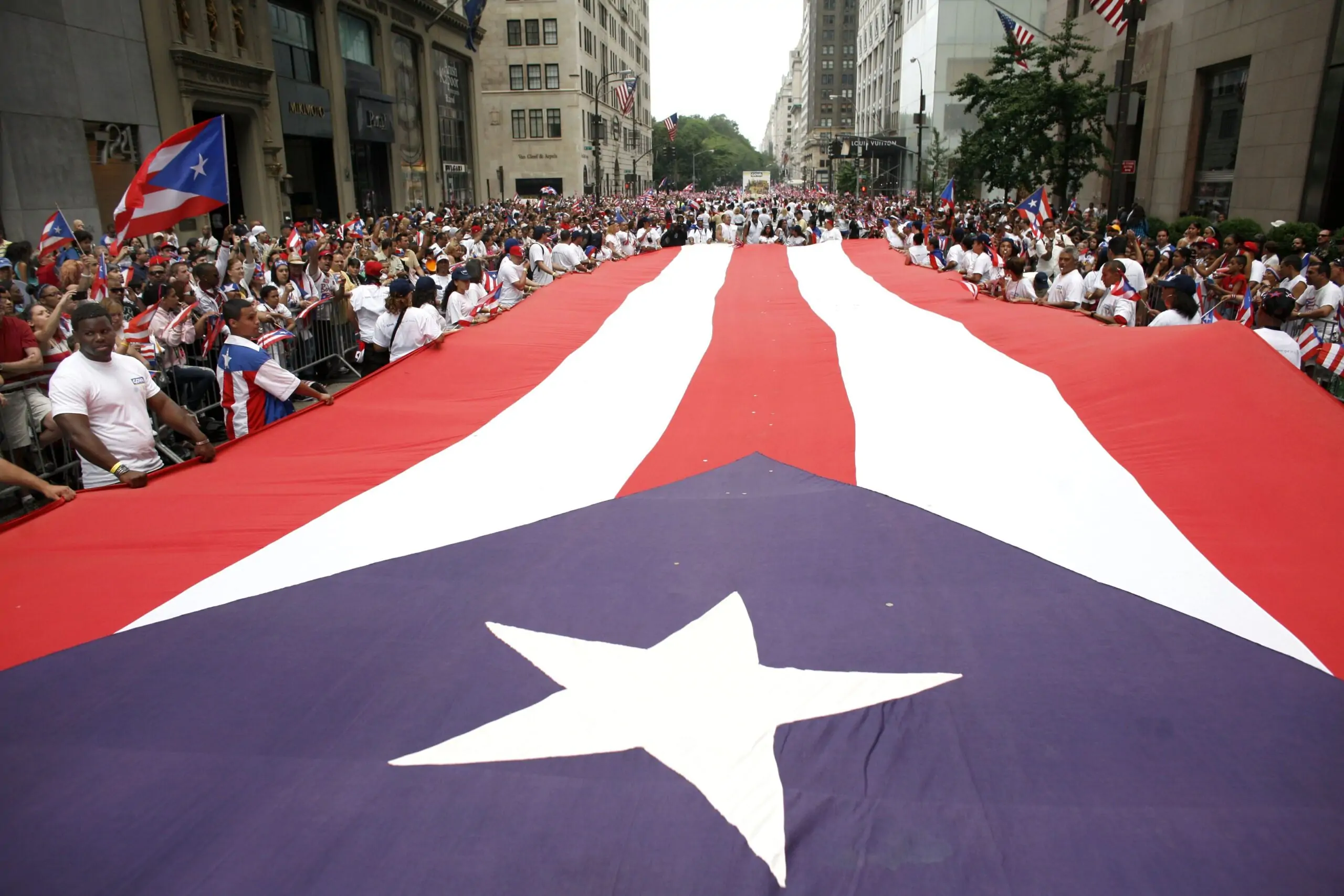On March 22, 1873, the Spanish legislature passed a law abolishing slavery in the colony of Puerto Rico.
The decree mandated that although slaves were legally “free,” they were forced to compensate their former owners for the loss of their “property” by paying for their freedom with three years of labor. Freed slaves could work for their former masters, for other people or for the state, who forwarded the “wages” to the former master at the end of the term. The decree also prohibited Black Puerto Ricans from having voting privileges for five years following abolition.
Nearly 30,000 Africans were enslaved at the time of abolition, comprising five percent of the overall population of the island.
Click play to listen to the AURN News report from Clay Cane. Follow @claycane & @aurnonline for more.




